Our Services
Comprehensive Care for Every Aspect of Your Vehicle
From Tune-Ups to Tire Changes – Expert Service You Can Trust
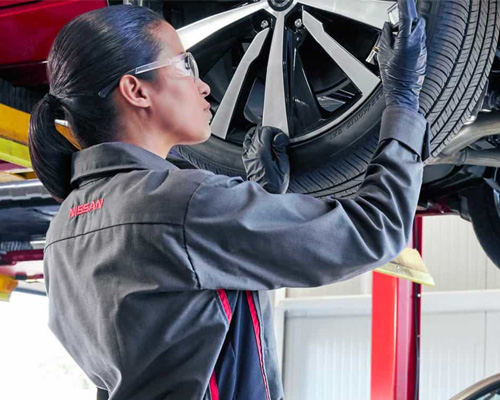
Alignment Check
Maximize tire life and performance with our tire rotation, balancing, and replacement services.
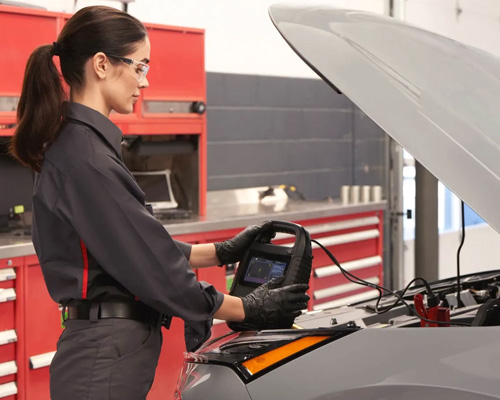
Battery Testing & Replacement
Keep your engine running smoothly with our thorough oil changes and lubrication services.
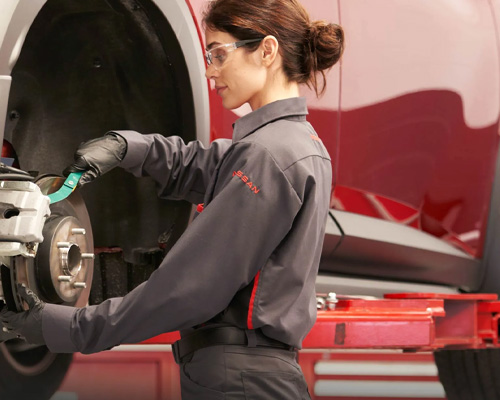
Brake & Rotor Service
Ensure your safety with our comprehensive brake inspections and expert replacement services.
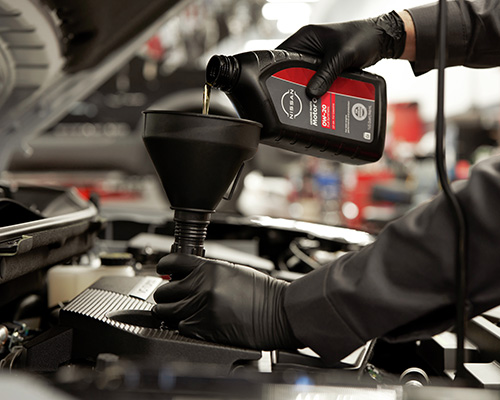
Oil Fluid & Filter Change
Keep your engine running smoothly with our thorough oil changes and lubrication services.
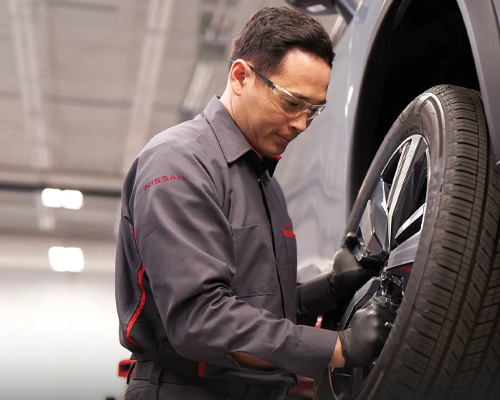
Tire Maintenance
Maximize tire life and performance with our tire rotation, balancing, and replacement services.
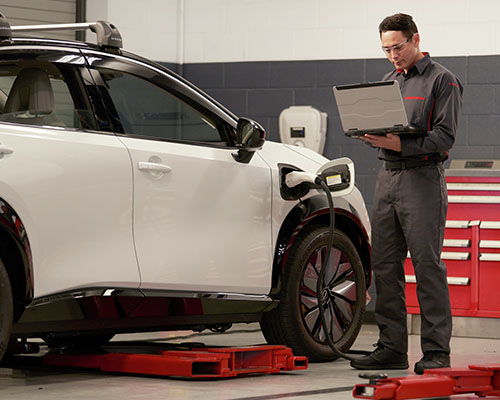
Electric Vehicle (EV) Service
Ensure your safety with our comprehensive brake inspections and expert replacement services.
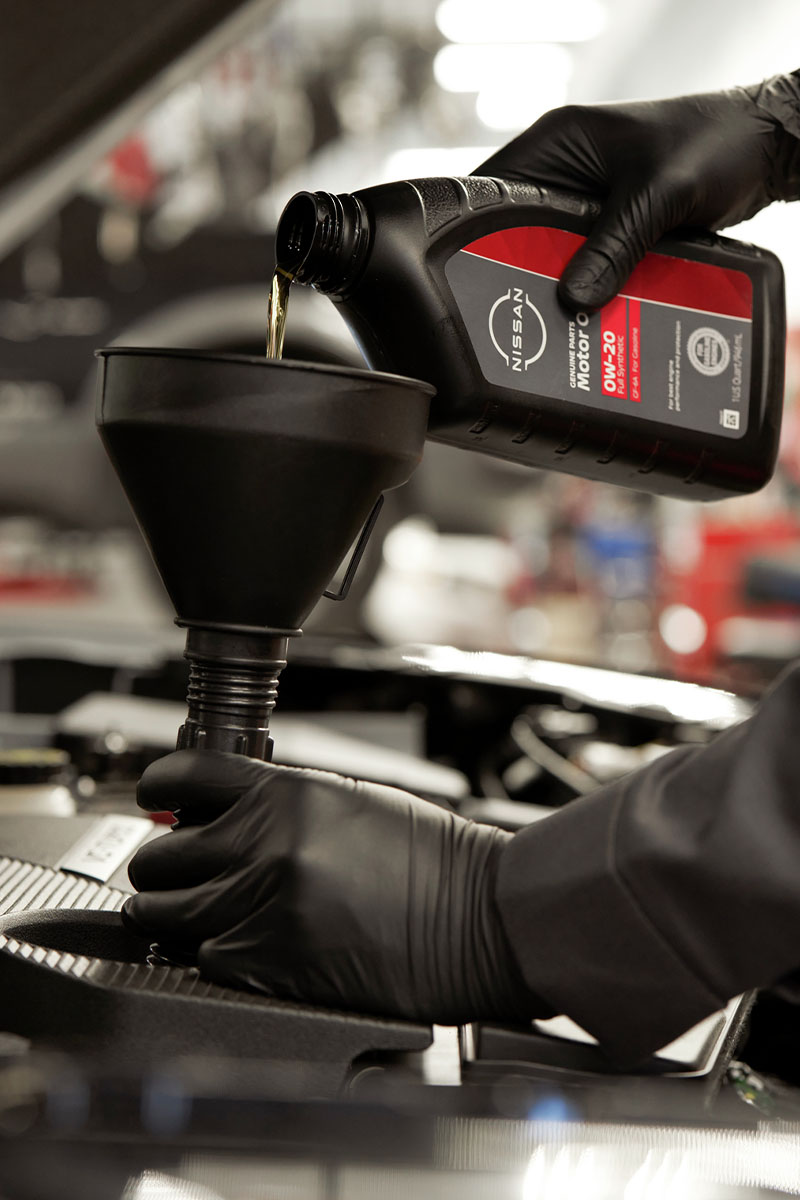

Designed to Fit
Your Schedule
Our Express Services are designed to fit into your busy schedule without compromising your vehicle’s performance and longevity. To accommodate our Express Services offerings, we have two bays that are dedicated exclusively for these services so we can get you in and finished in just 45 minutes.
Oil & Filter Change Service
Battery Diagnostic Check & Replacement Service
Air Filter Replacement
In-Cabin Microfilter Replacement
Tire Rotation & Balance
New Tires
New Wipers
Factory Scheduled Maintenance
Stay Original, Stay Nissan.
Genuine Nissan Parts
Keep your Nissan performing at its peak with genuine OEM parts. Designed and engineered exclusively for your vehicle, our authentic parts ensure perfect fit and function, maintaining your Nissan’s integrity and warranty.
